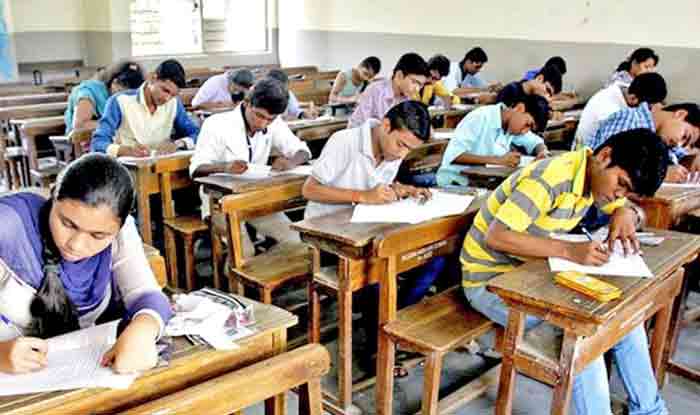Reservations for the Economically Backward Classes is one of the major decisions taken by the NDA government since 2014, after demonetisation and GST. Though the new policy is being self-boosted as one of the greatest schemes of the NDA, historical events are revealing it as a pre-poll gimmick.
Back in October 2015, addressing a rally in Bihar, Prime Minister Narendra Modi personally talked about the ‘50% ruling of the Supreme Court in reservations’ while criticising the opposition on fake reservation promises. “When the Supreme Court has clearly stated that no government can formulate reservations beyond the 50% limit, how can Lalu Yadav and his alliance bring forward additional reservations?”, the Prime Minister questioned.
In reference to the video, it is certain that the Prime Minister already knew about the constitutional limit on reservations and the same getting stalled in the Supreme Court if at all a new reservation policy is framed. The question is when the Prime Minister already knew about the downfall, why did he bring forward the bill in the first place?.
Not to mention, in his earlier election campaigns throughout the Country, PM Modi vehemently opposed the move of providing additional reservations beyond the 50% limit. He even criticised the Telangana Chief Minister of proposing a religion-based reservation for minorities only to gain in elections. And now, the very same person has brought about a reservation policy being aware of the consequences in the Supreme Court.
A similar reservation scheme was proposed by the then Prime Minister PV Narasimha Rao in 1991 and the move was, however, squashed by the Supreme Court. A nine-judge bench ruled that reservations cannot exceed by 50% and that reservations itself cannot be provided with solely ‘Economical status’ as a criterion. The only difference between the scenarios of 1991 and 2019 is the way through which the policy was framed. In 1991, the Congress government tried to implement the scheme through an executive order whereas the BJP government took a much safer route by amending the constitution.
Hence, it is very clear that the Supreme Court has to overturn its previous decision by a majority of the constitutional bench by scrutinising the 50% limit and the criteria of providing reservation on the basis of Economic conditions. Even if it is a constitutional amendment, the Supreme Court can nullify the law if it feels the amendment to be specifically affecting the ‘basicity’ of the constitution. It will be a miracle if the Supreme Court passes the bill with a green signal, with due reference to the historical judgements. Not to forget, even the State High Courts of Rajasthan, Telangana, Maharashtra and Gujarat have repealed such attempts to provide reservations to Economically backward sections beyond the 50% limit in the past.
Critics and advocates are of the belief that the government’s decision knowing the consequences is only an election gimmick, considering the fact that the Upper classes haven’t voted in favour of BJP during the recently concluded assembly elections.
